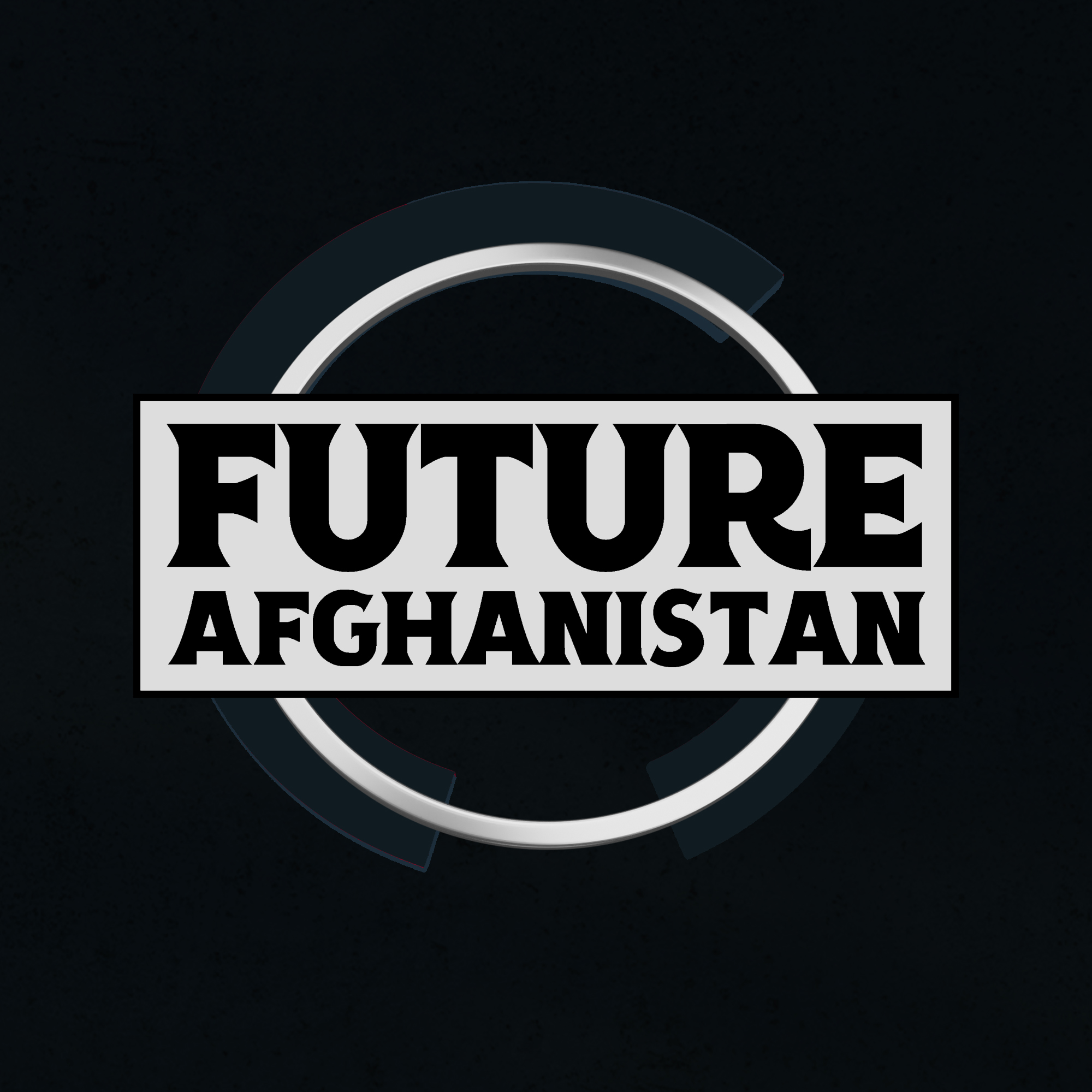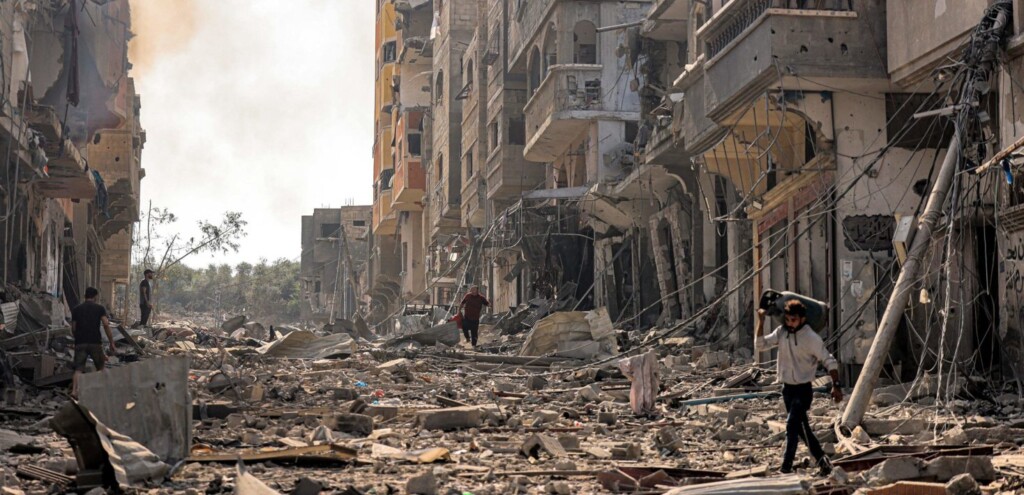Israel’s recent decision to fully occupy the Gaza Strip has sparked a wave of international reactions.
The United Nations and the European Union, expressing concern, have warned that Israel’s continued large-scale military presence in Gaza could intensify the humanitarian crisis and increase civilian casualties.
Farhan Haq, Deputy Spokesman for the UN Secretary-General, said: “I can tell you that the Secretary-General is alarmed by these reports of Israeli plans to expand ground operations and prolong its military presence in Gaza. This will inevitably lead to countless more civilians killed and the further destruction of Gaza.”
This decision has also faced protests within Israel, where a number of Israelis gathered outside the Knesset (Israeli Parliament). They chanted slogans against Benjamin Netanyahu and called for greater efforts to secure the release of Israelis still held in Gaza.
Miri Wolf, one of the Israeli protesters, said: “There’s no reason to continue on with this war. What we did for one-and-a-half years, last one-and-a-half years and we couldn’t succeed, we won’t be able to do it now. They (Israel’s government) just want to hold the strip of Gaza and make a new settlement there.”
“We are here to protest against the government, and we are calling to stop the war, which I believe is no longer a war, it’s a genocide. We are here to call to bring back the hostages. We know that Netanyahu does not want the hostages back because he wants to keep his throne forever,” said Hila Shacham, another protester.
The plan approved by Israel also includes relocating hundreds of thousands of Palestinians to the southern part of the Gaza Strip—ant action that could lead to the forced displacement of Palestinians.
The full details of this plan have not yet been officially released, and a specific timeline for its implementation is also unclear.




